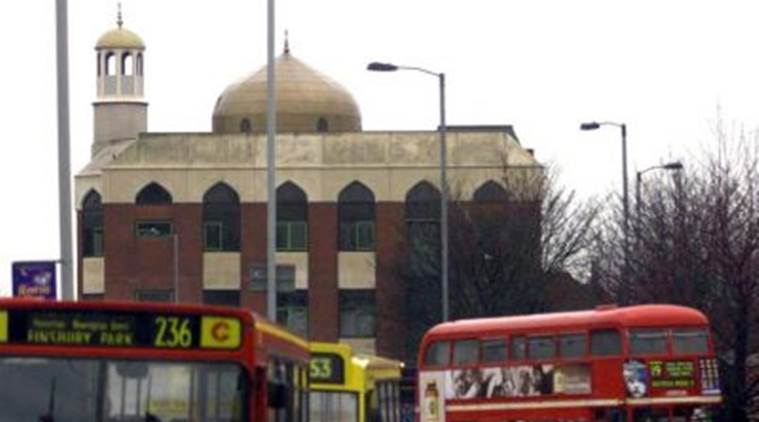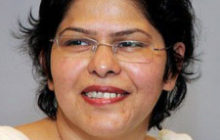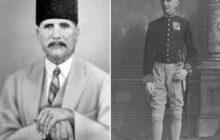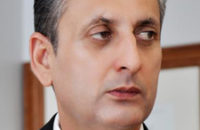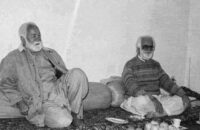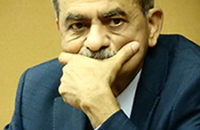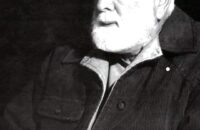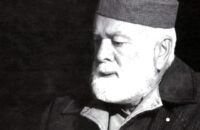by Khaled Ahmed
In June 2017, the month of Ramzan, a vehicle driven by 47-year-old Darren Osborne of Cardiff, Wales, near London’s Finsbury Park mosque, crushed a group of people, marking another incident of Islamophobia in the UK. It came in the wake of three consecutive killings of innocent citizens by radicalised UK Muslims. The Muslim Council of Britain condemned the incident. The Finsbury mosque was chosen by Osborne because of its background. When he was captured after the incident, the conscientious mosque imam actually prevented the gathering Muslim crowd from hurting him.
Why is the Finsbury Park mosque stamped in the British mind as the spawning ground of jihadist terrorism? The Guardian noted that the mosque was linked to the radical cleric Abu Hamza al-Masri. Al-Masri was the single most effective advocate of al-Qaeda’s worldview in the UK and attracted jihadis from all parts of Europe. His sermons were fiery in the tradition of many Middle Eastern preachers, who shamed the Muslim masses for their subjugation to the West. The most menacing “graduate” of the mosque was the ideologue of yet-to-be-born ISIS, Abu Musab al-Suri, who issued his 1,600-page “charter” of terrorist jihad in 2005 and fought in Afghanistan till he was captured in Pakistan.
The British didn’t permit al-Masri’s trial. But in 2004 America requested his extradition, which was finally allowed under Prime Minister David Cameron. Al-Masri was tried for “playing a part in the taking of 16 hostages in Yemen in 1998, during which four died; of conspiring to establish an al-Qaeda camp in Oregon; and of dispatching a follower to train in Afghanistan”. Lest we forget, he was convicted in 2014 for crimes he committed as a soldier of the West fighting the Soviet Union in Afghanistan. He told the court he had lost his two hands and one eye not in Afghanistan but in Pakistan, “during an explosives experiment with the Pakistan army in 1993”. He was designing a steel plate with a Pakistani engineer as part of a wider, unidentified project for which “others were designing explosives”. AFP reported that this took place in an “army-issue” accommodation in Lahore.
Al-Masri, together with another UK imam, Umar Bakri, greatly influenced the radicalisation of Muslim youth. Terrorist organisations al-Muhajiroun and Hizb ut-Tahrir (HT) were “exported” to Pakistan by the UK after ignoring the harangues of al-Masri and Umar Bakri, the latter badmouthing the founder of Pakistan Muhammad Ali Jinnah to his Pakistani votaries. Young expats with British accents spread out in all walks of life in Pakistan, and began radicalising children. They also penetrated the Pakistan army, which punished officers who had formed secret groups.
Brigadier Ali Khan was court martialled along with four other officers following the killing of Osama bin Laden for having links with HT, which opposed the US occupation of Afghanistan and propagated the setting up of an Islamic caliphate. He was convicted by a field general court martial (FGCM) in 2012, along with Major Sohail Akbar, Major Jawad Baseer, Major Inayat Aziz and Major Iftikhar for links with the HT. Ali Khan was serving as director of rules and regulations at the GHQ, when he was detained by the military’s Special Investigation Branch.
Another case pertained to a prestigious Lahore university, as recounted in the monthly, The Herald of January 2016: “Mohammed Zahid was born and raised in the UK. He moved to Pakistan in May 2014, becoming a visiting fellow at the Institute of Strategic Studies Islamabad (ISSI)… In August 2014, he moved to the Lahore University of Management Sciences (LUMS) as an assistant professor in the political science department. In April 2015, the Counter Terrorism Department (CTD) of the Punjab police arrested him on terrorism charges… According to his wife, he has been languishing in the Lahore Central Jail without a trial.”

